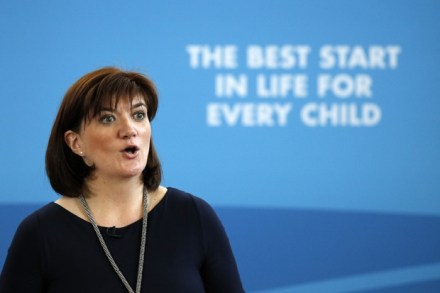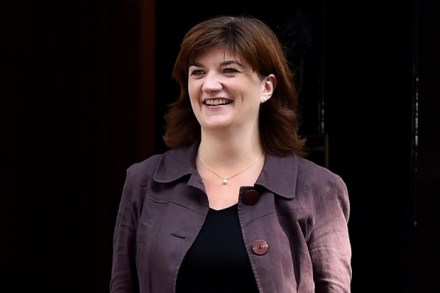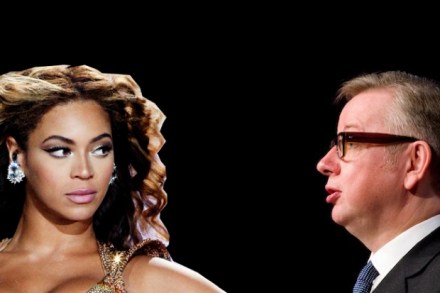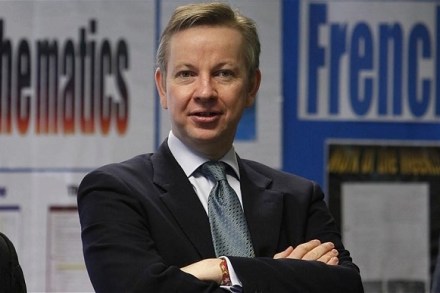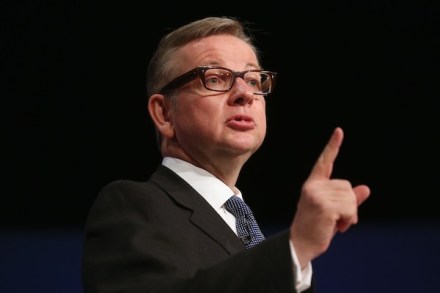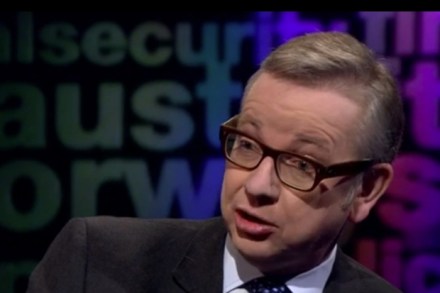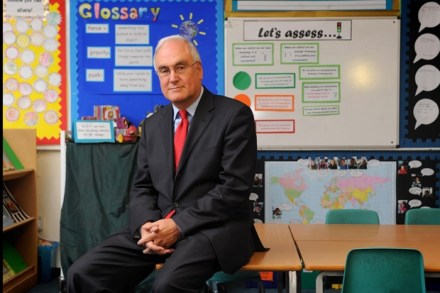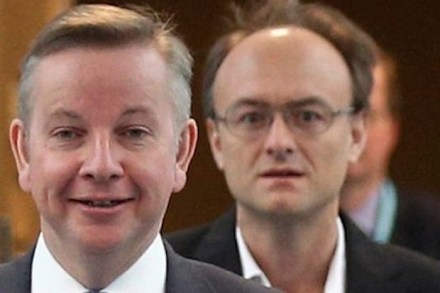Dementia is ‘an opportunity’, according to Michael Gove. What a brave thing to say
Michael Gove said something startling about dementia in a speech last night launching an initiative called ‘The Good Right’ at the Legatum Institute. But blink and you would have missed it. If you regard dementia as a friend’s departure from our world rather than an opportunity to bring them closer to your heart, then you miss the essence of compassion. I bristled when I heard that – at first. Mary, my dearest friend in the world, a lady in her 90s, has dementia. Probably. Depending on how you define it. When I was visiting her the other day, a young GP breezed in and talked about her ‘dementia’ – right




